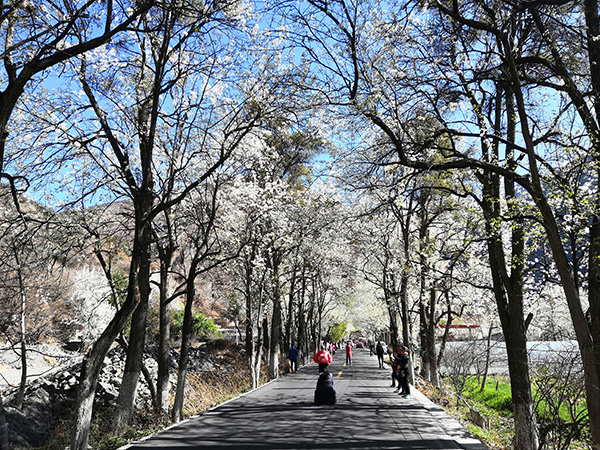Flower power proves big draw


Suo Nuomu surrendered and was dismembered in Beijing, says Zhang Shimao, a 73-year-old researcher in Jinchuan.
Nearly 20,000 Qing soldiers died and more than 130,000 were wounded in the war for Jinchuan. The county's population decreased from around 30,000 to about 5,000.
The military conflict from 1747 to 1749 cost one-third of the national treasury for one year. And the second conflict from 1771 to 1776 depleted the entire budget for one year, says Zheng Gang, another local researcher.
The war lasted so long and was so cruel that nearly all Jinchuan residents can tell stories about the battles that have been passed down from their ancestors by oral tradition.
Qianlong, who considered his conquest of Jinchuan one of the"10 military feats" of his 60-year reign, ordered the erection of a massive stone tablet in the county to commemorate his victory.
It's written in the Tibetan, Mongolian, Han and Hui languages, and continues to convey Jinchuan's historical legacy to modern people from different ethnicities and places, who make the journey to this once-remote and long-important destination.

































